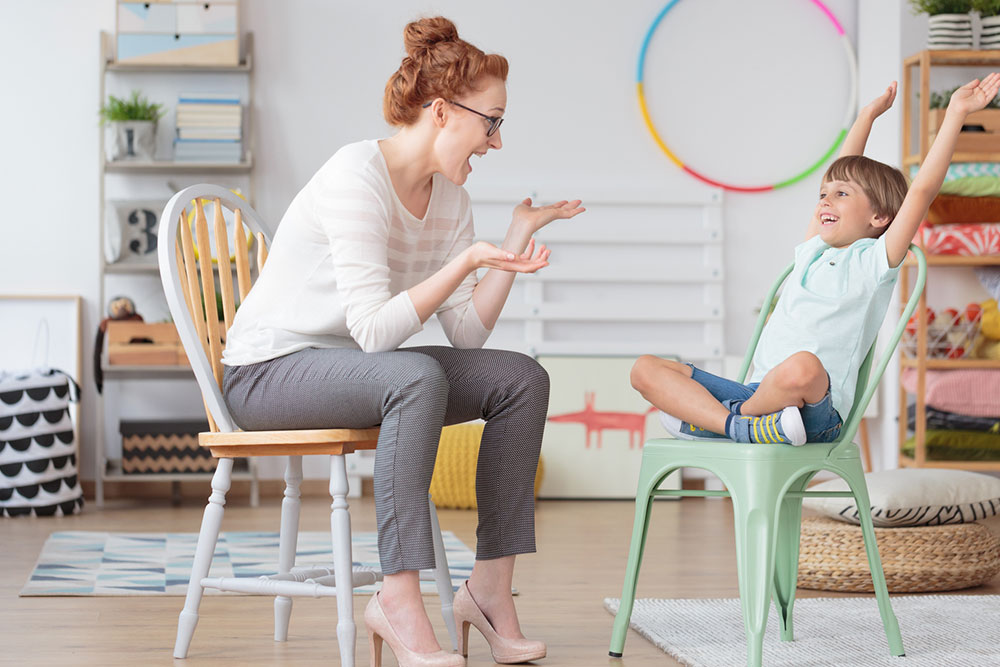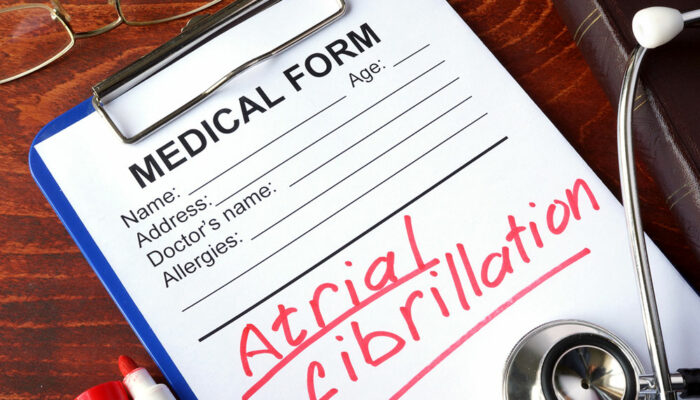
ADHD – An overview
Attention deficit hyperactivity disorder (ADHD) is a condition that adversely affects the daily lifestyle of a person in ways of making the person find it tough to pay attention, making a person very fidgety in times when they are not supposed to move or constantly interrupting someone when it is not needed.
ADHD makes it tough for an individual to control impulsive behaviors or to pay attention. The individual may also be constantly active as well as restless. ADHD is not a disorder of someone’s childhood, even though the symptoms related to the disorder may start from a person’s childhood itself. The disorder continues to grow from adolescence as well as adulthood. As the child reaches the teens the hyperactivity in them is seen to improve, but issues like the disorganization, poor control over impulsive behaviors, and their poor ability to pay attention mostly continue all through their teenage years right into the adulthood.
Presently, the studies conducted state that ADHD may be an outcome of the interaction of the genes and the factors that are not genetic as well as the toxins present in the environment, like high levels of lead that a person may be exposed to from a very small age. The usage of substances when the women are pregnant may also be a triggering agent of ADHD in children. When a person smokes a cigarette or drinks alcohol, they are at risk of developing ADHD. When a person at birth weighs very little they are at risk of developing ADHD. The individuals who have sustained brain injuries are also at risk of having ADHD.
When therapy is added to the treatment plan of ADHD, the patient is largely benefitted and the family members, as well as the caretakers, are in a better state to take care of the patient who is suffering.
Therapies for teenagers and children
The teachers as well as the parents of the teenagers and the children who are suffering from ADHD can assist them in maintaining organization and also to follow the directions given to them in relation with the tools like maintaining the schedule and the routine as well as making them able to organize their day to day items, helping them to use their notebook organizers and also their homework. The child or the teenager should also be given the rewards and the right amount of appreciation when they follow the rules given to them in the right manner.
Therapies for the adults
A licensed therapist or a licensed mental health care provider can help the individual adult who is suffering from ADHD by making them learn to organize their tools like maintaining routines and breaking down the bigger tasks into smaller much more manageable tasks.
When a person shows the signs and symptoms that are associated with ADHD, it does not entirely mean that the individual is suffering from that disorder. There are other health conditions that share a similar kind of symptoms like depression and anxiety.




